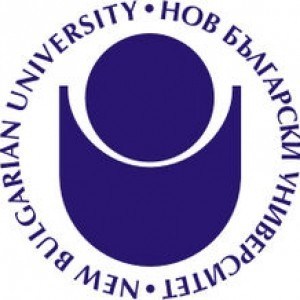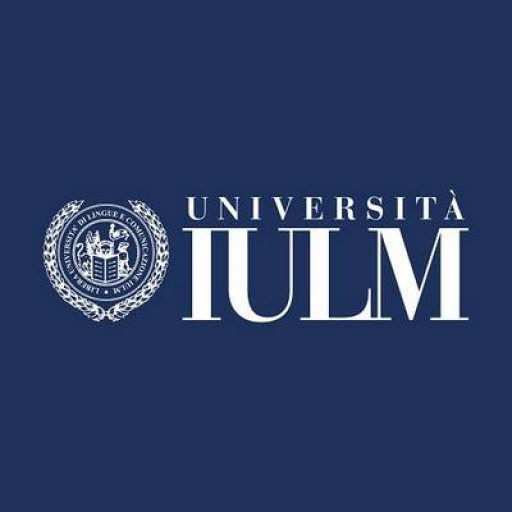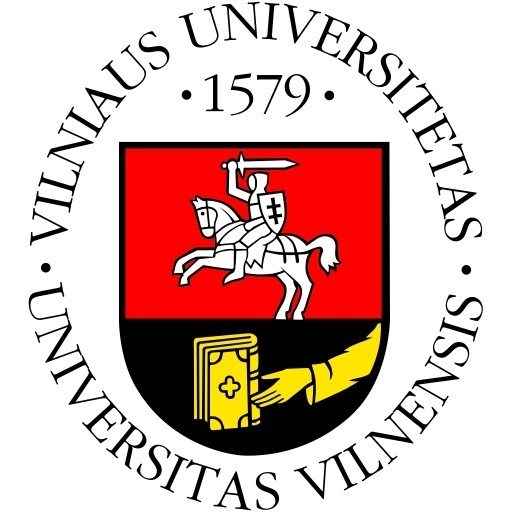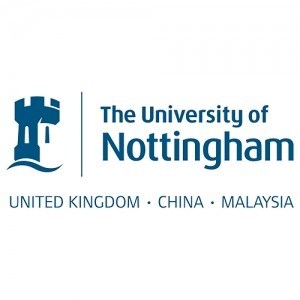Photos of university / #new_bulgarian_university
International Communication at New Bulgarian University is a comprehensive and dynamic program designed to prepare students for the increasingly interconnected world of global media, diplomacy, and intercultural dialogue. The curriculum combines theoretical foundations with practical skills, enabling graduates to effectively analyze, produce, and manage communication in various international contexts. Students will explore the history and theories of communication, intercultural relations, global media systems, and contemporary issues such as digital diplomacy, international public relations, and cross-cultural negotiation. The program emphasizes multilingual competencies, critical thinking, and digital literacy, ensuring graduates are well-equipped to thrive in multicultural environments and pursue careers in international organizations, media outlets, NGOs, and corporate sectors. Through a combination of lectures, workshops, internships, and research projects, students gain hands-on experience and develop strategic communication skills tailored to global audiences. The program also fosters an understanding of cultural diversity, ethical considerations, and the role of communication in shaping international policy and societal development. Graduates will be prepared to work in a variety of roles including international communication specialist, media analyst, public relations manager, diplomatic officer, or content creator with a global perspective. The program benefits from the university's diverse academic staff, partnerships with international institutions, and access to state-of-the-art facilities, all aimed at providing a stimulating learning environment. By the end of their studies, students will have built a solid foundation in both theoretical concepts and practical applications, making them competitive in the international arena of communication and media.
The International Communication programme at New Bulgarian University offers students a comprehensive education in the field of global media, intercultural relations, and communication strategies. This multidisciplinary degree aims to prepare graduates for dynamic careers in media, public relations, diplomacy, international organizations, and corporate communication across diverse cultural contexts. Throughout the course, students will explore various aspects of communication theories, global media systems, intercultural competence, and the impact of digital technologies on communication processes. The programme emphasizes practical skills development alongside theoretical foundations, ensuring students are equipped to analyze and critically evaluate communication practices in an international environment.
Students will undertake coursework in mass communication, media literacy, intercultural dialogue, journalism, diplomacy, and international policy. They also have opportunities to engage in projects involving media production, content creation, and strategic communication planning, often working in multicultural teams to simulate real-world scenarios. Special focus is placed on understanding the role of media in shaping international public opinion, conflict resolution, and development initiatives.
The programme integrates language training and intercultural communication skills, fostering a nuanced understanding of cultural differences and global issues. It prepares students for careers in international organizations, multinational corporations, media outlets, NGOs, and governmental bodies, where effective communication across cultures is essential. Students benefit from internships, guest lectures by industry professionals, and potential exchanges with partner universities abroad, which enhance their practical experience and professional networks.
Graduates of the International Communication programme will possess not only advanced communication skills but also critical thinking, cultural awareness, and strategic planning abilities. They will be capable of crafting messages tailored to diverse audiences and navigating the complexities of global communication landscapes. This programme is ideal for students passionate about understanding global issues, media dynamics, and intercultural exchange, providing a solid foundation for successful careers in an increasingly interconnected world.
Admissions requirements for the International Communication program at New Bulgarian University typically include a completed application form, high school diploma or equivalent, and proof of language proficiency in English (such as TOEFL or IELTS scores). Applicants may also be required to submit a motivation letter, a personal statement, or an interview to assess their interest and suitability for the program. Additionally, some competitive selection processes may consider academic performance in secondary education, extracurricular activities, or relevant experience. The program encourages applicants from diverse backgrounds with an interest in media, communication, and international relations. There are no specified entrance exams for this program. International students must fulfill visa and residence requirements as stipulated by Bulgarian law. The program emphasizes both theoretical foundations and practical skills, preparing students for careers in media, public relations, international organizations, and corporate communication. Applicants should demonstrate strong communication skills, critical thinking, and a keen interest in global issues. The university recommends reviewing specific application deadlines and required documentation on its official website to ensure a complete application package is submitted on time. Depending on the applicant's educational background, additional requirements such as pre-university preparatory courses might be necessary. The program promotes diversity and inclusion, welcoming students from various countries and cultural backgrounds. Overall, prospective students should prepare a comprehensive application that reflects their academic achievements, motivation, and readiness to engage with complex international communication issues.
Funding for the International Communication program at New Bulgarian University is primarily provided through a combination of government grants, university scholarships, private sponsorships, and student self-financing. The Bulgarian government offers a variety of scholarship schemes aimed at supporting both Bulgarian and international students pursuing higher education. These scholarships often cover partial or full tuition fees and may be awarded based on academic merit, financial need, or specific criteria related to the applicant's background.
In addition, New Bulgarian University administers its own scholarship programs that reward outstanding academic performance, extracurricular achievements, or provide financial assistance to students from disadvantaged backgrounds. Prospective students are encouraged to apply for these internal scholarships, which can significantly reduce the financial burden of studying. International students may be eligible for specific scholarships designed for foreign nationals, which are often awarded based on academic excellence or bilateral agreements between Bulgaria and other countries.
Many students also finance their studies through personal savings, family support, or student loans obtained from financial institutions. The university sometimes collaborates with banks or financial services that offer student loan plans with favorable interest rates and repayment terms, easing the cost of education.
Part-time work opportunities are available to students both on and off campus, enabling them to earn income while pursuing their studies. The university's location in Sofia, the capital city, facilitates access to numerous part-time employment options in sectors such as communication, media, marketing, and event management, which are relevant to the field of study.
International students may also explore funding options through Erasmus+ or other European Union mobility programs, which offer grants for studying or internships within Europe. The university provides guidance and support in applying for such programs, which can contribute significantly to the financing of their education.
Overall, the combination of public support, private funding, university-based scholarships, part-time employment, and European mobility grants forms a comprehensive financial framework that helps students fund their education in International Communication at New Bulgarian University. Students are advised to consult the university’s official admissions and financial aid offices for the most current and detailed funding opportunities, eligibility criteria, and application procedures.
International Communication at New Bulgarian University offers students a comprehensive education in the dynamic field of global media, communication, and intercultural exchange. The program aims to develop skills in analyzing and understanding the ways in which information flows across borders, cultures, and technological platforms. Students will explore various aspects of communication theories, media studies, public relations, journalism, digital media, and intercultural communication, preparing them for careers in international media organizations, diplomatic services, global marketing, and cultural diplomacy. The curriculum combines both theoretical foundations and practical skills, ensuring graduates are equipped to navigate the rapidly evolving media landscape and contribute effectively to international dialogue and cooperation. Coursework includes media analysis, communication strategies, cross-cultural negotiation, and media production, often integrating contemporary issues such as digital transformation, social media influence, and global information security. The program fosters critical thinking, intercultural sensitivity, and innovative communication techniques, supported by a faculty of experienced academics and industry professionals. Students benefit from opportunities for internships, international exchanges, and participation in projects with global organizations, enriching their learning experience and expanding their professional networks. The degree is designed to prepare graduates for a broad range of careers in media, journalism, public relations, international business, NGOs, and governmental agencies, where effective communication across cultures is essential. With a focus on multicultural perspectives and practical application, the program aims to produce media practitioners and communicators who are capable of operating in diverse environments and addressing complex global issues. Upon completion, students receive a Bachelor's degree in International Communication, verified by the official credentials of New Bulgarian University, and are well-positioned to pursue further specialization or employment in the international communication sector.








